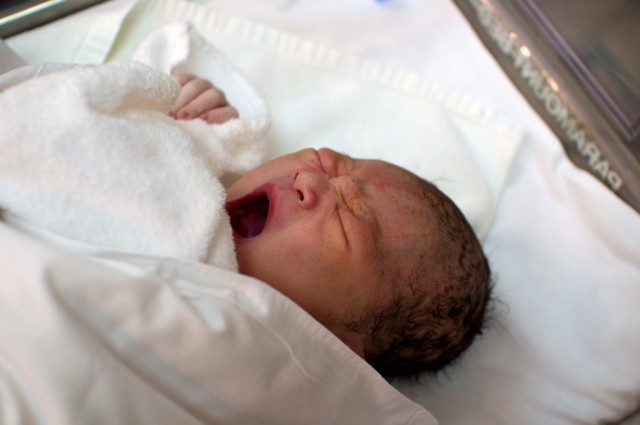
The most common reason for hospitalization in the United States is childbirth. A new study published Thursday adds to the depth of research on cost variation in the American medical system.
In the study, researchers at U.C. San Francisco looked at 110,000 uncomplicated births across California and found that hospital charges for a vaginal delivery ranged from $3,296 to $37,227 and for a caesarian section the range was $8,312 to $70,908.
For health policy researchers, this is not a big surprise, said lead author Dr. Renee Hsia, an associate professor of emergency medicine at UCSF, but "most people that aren't familiar with health care variation would be surprised and distressed."
Hsia's team looked at many variables that could account for variation -- things like how sick patients might be or cost of living in one area versus another. "Even after controlling for patient, hospital and market characteristics, we found significant variation," Hsia said.
In the study, published in BMJ Open, researchers concluded that they could only account for about one-third of the variation in charges. "This implies," the authors write, "that the variation is a result of either (1) unobservable hospital characteristics or (2) pure noise."